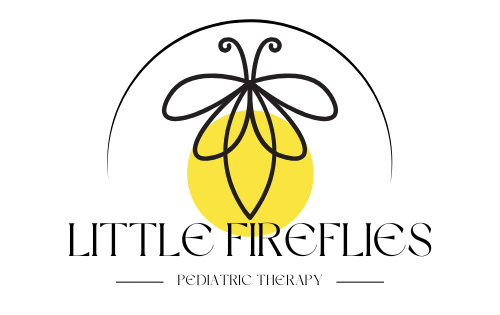What Does It Mean to Be Neurodiversity-Affirming?
If you’ve been exploring therapy options for your child, you may have come across the term neurodiversity-affirming. It’s a phrase that’s being used more often—and for good reason. But what does it really mean? And why is it something you should look for in a therapist?
Let’s take a moment to talk about this in a way that’s gentle, clear, and full of heart—because understanding this can help you make the best, most supportive choices for your child.
First, What Is Neurodiversity?
Neurodiversity is the idea that people experience and interact with the world in many different ways—and that those differences are natural, valuable, and worth celebrating.
It includes people with autism, ADHD, dyslexia, and other neurological differences. Rather than seeing these brains as “broken” or “disordered,” neurodiversity sees them as simply… different. And different is not a bad thing.
Just like we all have different personalities, learning styles, and strengths, our brains are wonderfully varied too. That’s what neurodiversity is all about.
What Does It Mean to Be Neurodiversity-Affirming?
A neurodiversity-affirming therapist doesn’t approach therapy with the goal of “fixing” your child.
Instead, they work from the belief that your child is already whole, already worthy, already enough—just as they are. Therapy becomes about supporting your child’s communication, regulation, or motor skills in ways that honor who they are, rather than trying to make them fit a mold.
Being neurodiversity-affirming means:
- Respecting your child’s communication style (whether they speak, sign, use AAC, or something else entirely)
- Understanding that behaviors are forms of communication—not problems to eliminate
- Celebrating sensory differences and finding ways to support regulation, not suppress it
- Avoiding harmful or compliance-based approaches that teach kids to mask who they are
- Working with your child, not on them
It’s about helping your child thrive—not by changing who they are, but by embracing it.
Why Does This Matter in Therapy?
Choosing a neurodiversity-affirming therapist means choosing someone who sees your child’s strengths, not just their struggles. It means choosing a space where your child doesn’t have to work to be someone else before they can feel accepted.
That kind of support can make a huge difference—not just in therapy outcomes, but in how your child sees themselves.
When kids are met with acceptance, they feel safer. When they feel safer, they’re more open to learning, communicating, and growing. And when therapy is built around who they are, not who someone thinks they “should” be, it becomes something joyful and empowering—not something to endure.
How Can I Tell If a Therapist Is Neurodiversity-Affirming?
You can always ask. A good therapist will welcome your questions and want to share their approach with you.
Here are a few questions you might ask:
- How do you support autistic or neurodivergent children in a way that respects their differences?
- What is your stance on things like eye contact, stimming, or scripting?
- How do you partner with families to make sure therapy feels safe and supportive?
- Do you use play-based or child-led approaches in your sessions?
Look for a therapist who speaks with warmth, openness, and respect—not just for your questions, but for your child’s individuality.
Your Child Deserves to Be Seen, Valued, and Loved as They Are
You don’t need to change your child to help them succeed. What they need most is to be supported in ways that feel safe, affirming, and truly theirs.
A neurodiversity-affirming approach says, “You belong. You’re enough. And we’re here to help you grow into exactly who you’re meant to be.”
And honestly? That’s the kind of support every child deserves.







